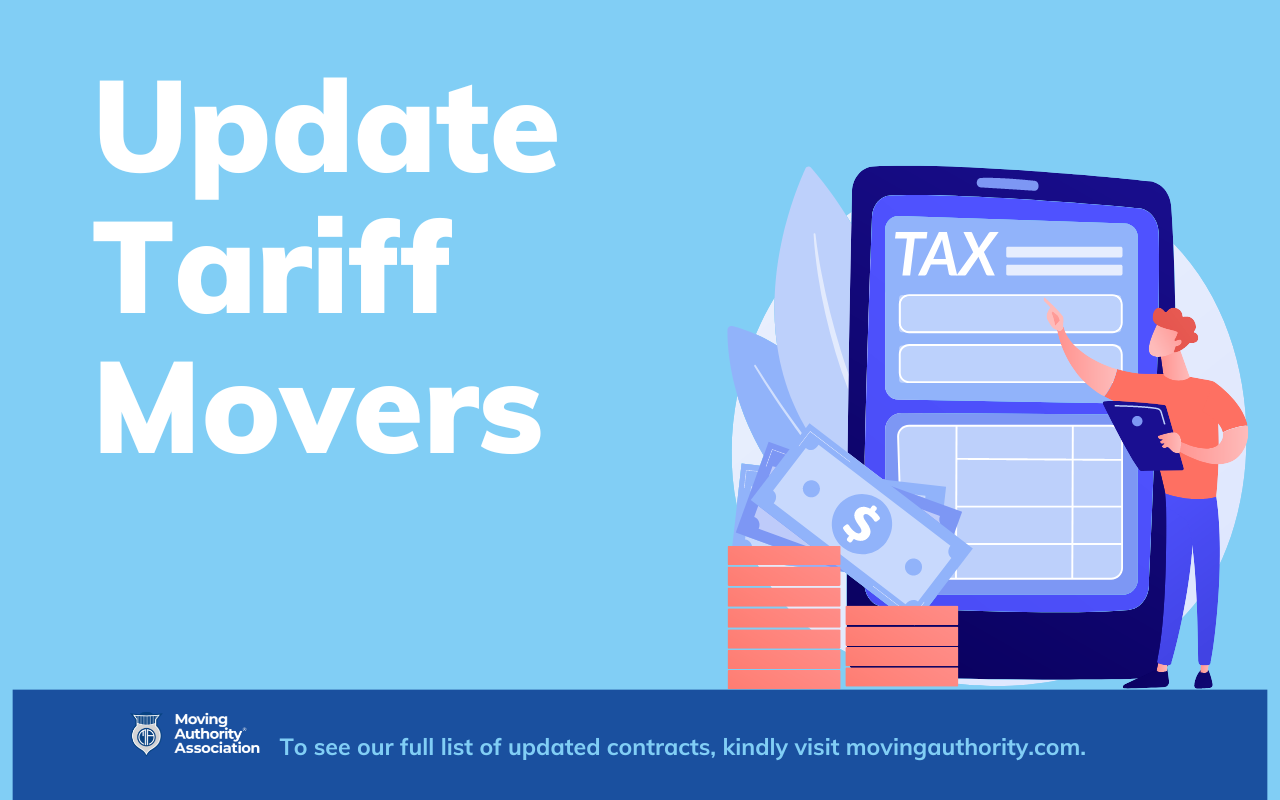

Update Tariffs in the Moving Company Industry
$ 549.00 Only


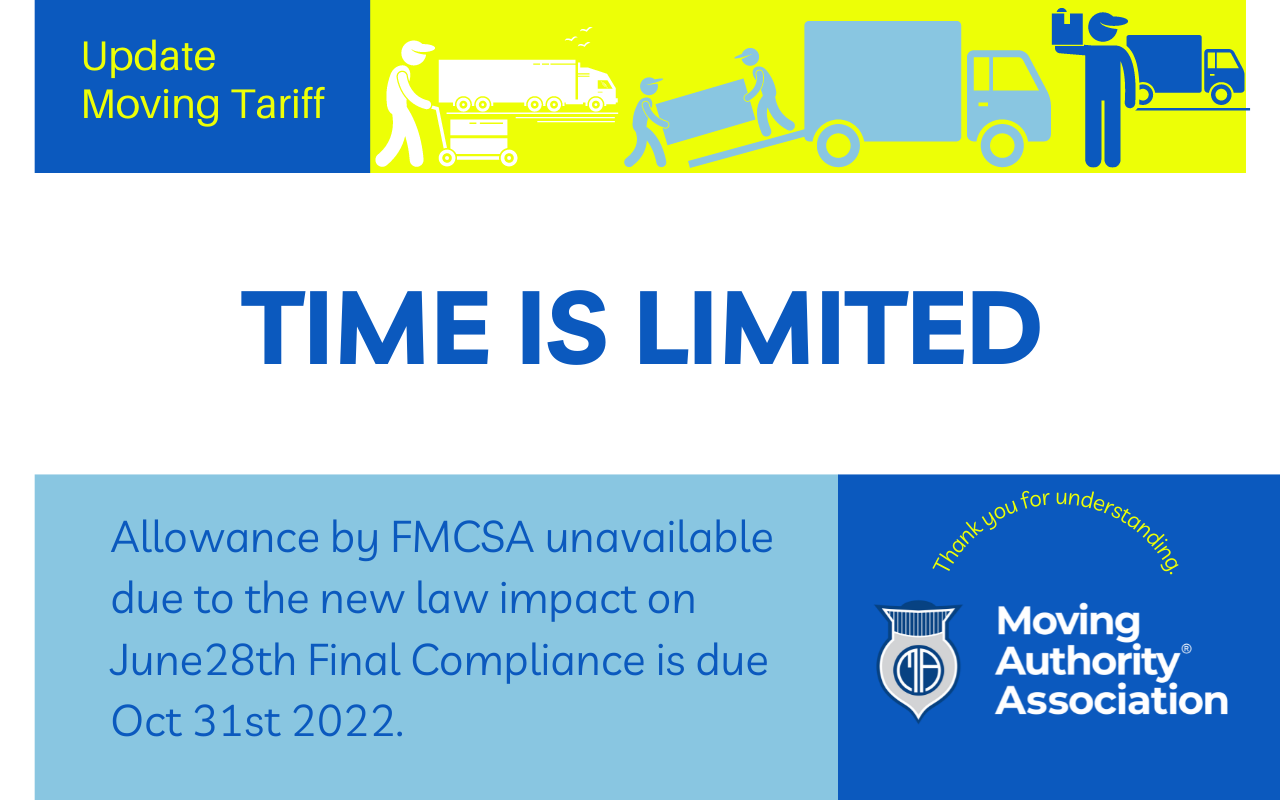
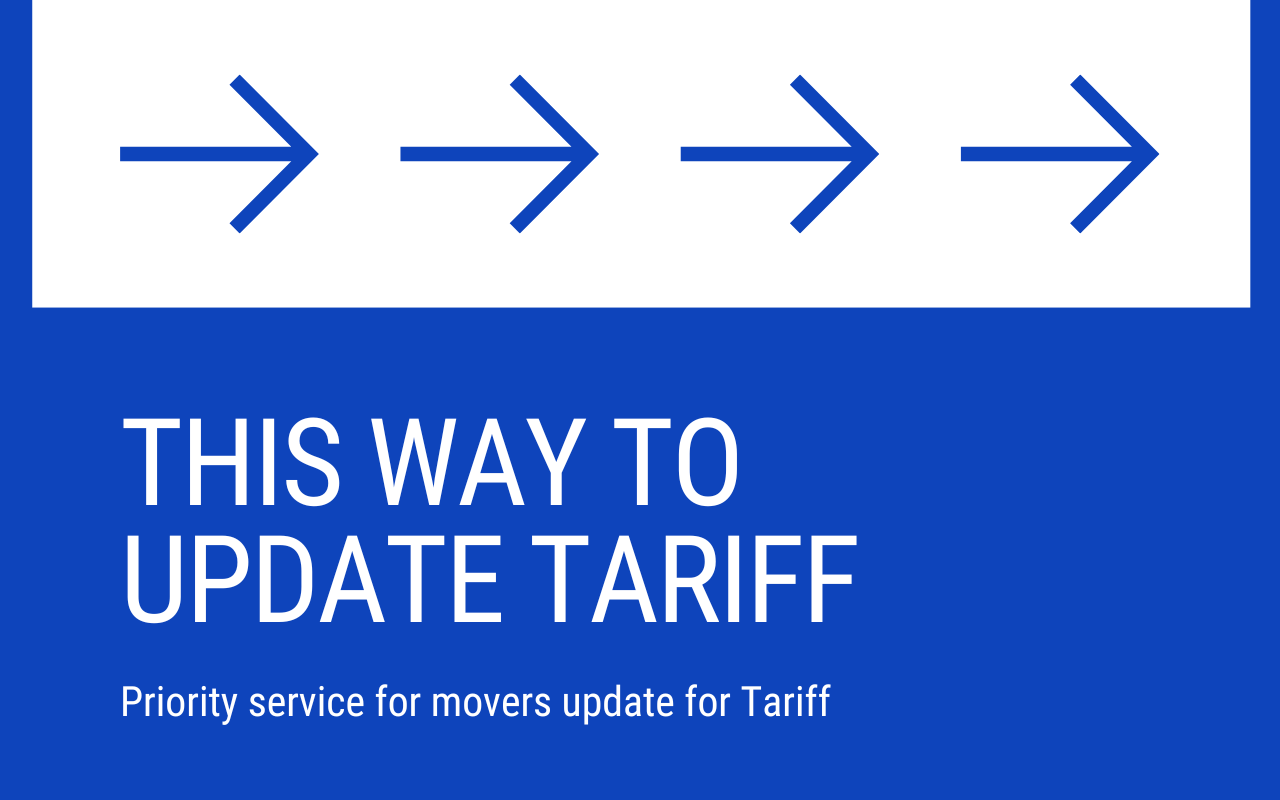

Product Code: 71
Product Description










Product Code: 71



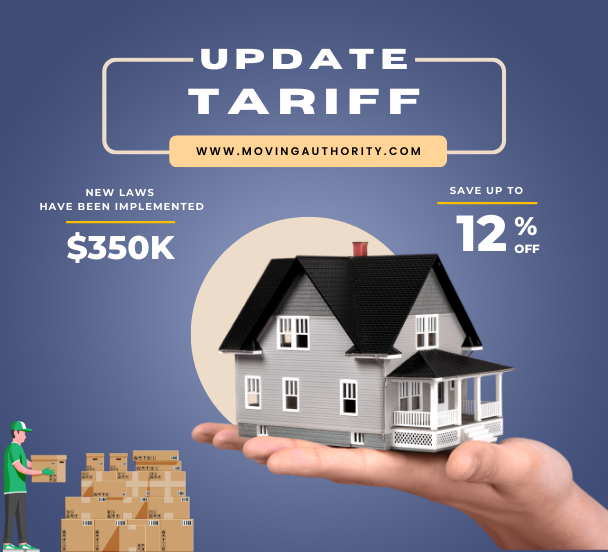
Our organization is standing by to update tariffs in the moving industry. No matter the size or location of your interstate business, we can provide solutions. Please use this web page to order first-rate, updated tariffs for your company. You are also welcome to give us a call and place your order over the phone. Each tariff service at our business can provide STB, FMCSA, and DOT compliance.
Keep in mind that our tariff-updating services align with new policies for brokers. US interstate transportation brokers must have carriers compliant with these regulations. The new broker-carrier policies go into effect on October 31, 2022. If a broker operates with an outdated tariff, he or she could get fined and penalized.
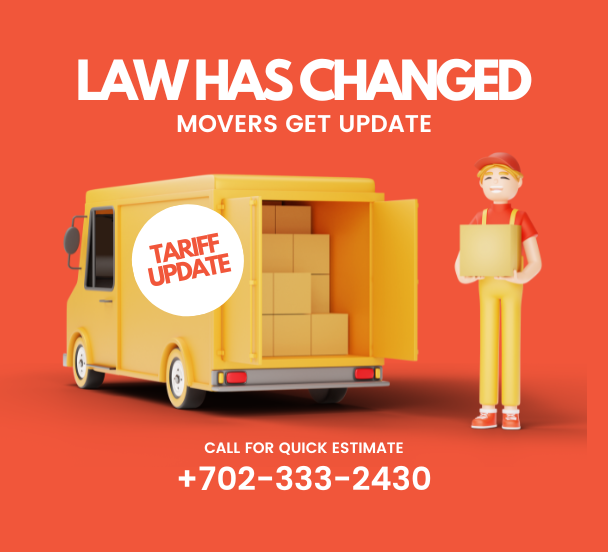
A mover’s tariff functions as one of the most crucial documents in the moving industry. Each tariff gets provided to a customer by his or her hired moving company. The company uses a tariff to outline terms of service and rates. This way, a customer will know what to expect on the day of the move. Here is an example. A tariff will state which services involve extra charges. Or, the official cancellation policy of the particular moving business. Some tariffs are only one single page. Others are longer than twelve pages. Per the FMCSA, providing a customer with a tariff is not an option. (“FMCSA” refers to the Federal Motor Carrier Safety Administration.) Every interstate moving company has to get prepared to provide their tariffs.
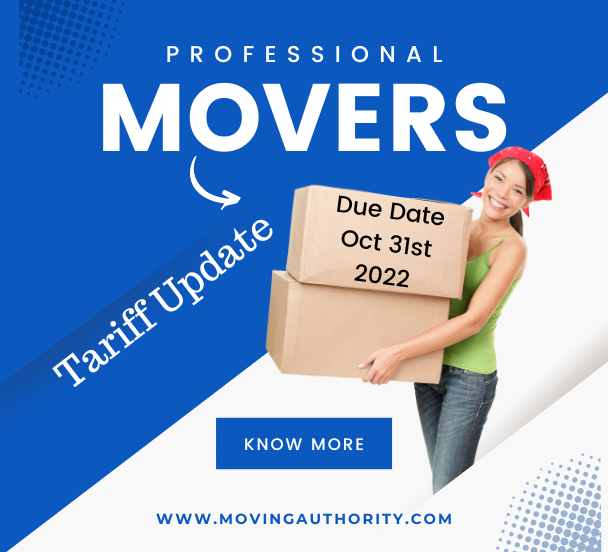
Every interstate moving business has to set up and maintain high-quality tariffs. Trust us. You do not want to cut corners when creating and updating your documents. That's because a tariff features the charges, rates, and service terms of a business. A customer will need to see this criteria before household possessions can get moved. In fact, your company must ensure a tariff has availability for a customer to review. This concept adheres to 49 C.F.R. Part 1310 of STB regulations. (“STB” refers to the US Surface Transportation Board.) Each STB regulation focuses on ensuring that all tariffs are clear and simple. This way, a customer can understand service terms, charges, and rates.
Say that your moving company needs more information about STB tariff regulations. Do not hesitate to contact the industry experts here at Moving Authority. We specialize in improving all aspects of household goods moving tariffs. When doing so, our team focuses on STB, DOT, and FMCSA compliance. Is your moving business familiar with the OPAGAC? It stands for the Office of Public Assistance, Governmental Affairs, and Compliance. This is the agency that regulates the content and format of moving tariffs. When drafting tariffs, our organization adheres to all OPAGAC regulations. Let’s now go over OPAGAC recommendations for building and updating tariffs
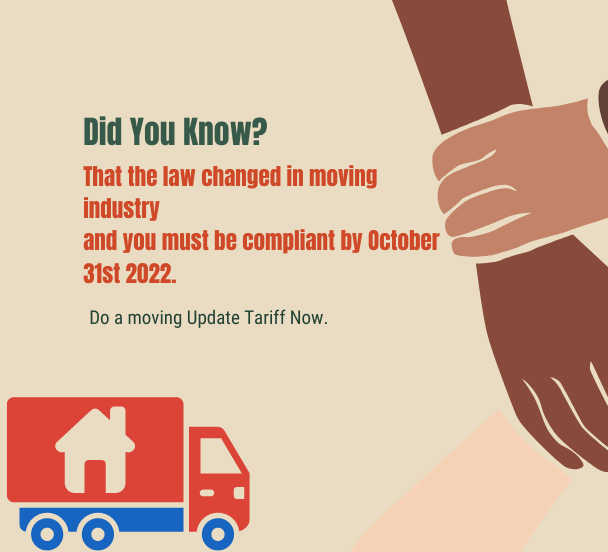
Per OPAGAC recommendations, here is what a standard moving tariff should include. First, your moving tariff must feature a title page. This page should feature the name and address of your moving company. Plus, you should also list your primary business contact information. This page must also have the FMCSA operating and licensing number of your company. Next, list an email address, phone number, and full name of an employee. This is the employee who carries responsibility for placing content within the tariffs. Make sure that the title page also features the date(s) that the tariff goes into effect.
The next step is for your new or updated tariff to provide a table of contents. A tariff should also have a list of definitions related to terms featured in the tariff. Charges and rates must get presented in an easy-to-understand format. This includes the rate that the mover provides damage liability and full-value loss. Make sure that you also state the released rates about loss and damage liability. Next, provide the binding estimate rates of your moving company. (Only if your business conducts binding estimates.) You must then provide accessorial charges and an explanation for each charge. Also, include the fuel surcharge rate when it applies.
Your moving tariff will also need a statement about liability for loss and damage. Plus, you will need to feature the steps a customer can take within common situations. This includes filing damage, loss, and overcharge claims. In this section, provide a description of your arbitration program. You must then state the terms and conditions for your company’s bill of lading. In most cases, moving tariffs should not exceed twelve pages in length. It might benefit your business to feature sample calculations in the tariff. This could help customers understand all potential moving charges. Remember, Moving Authority is standing by to create or update your tariffs. Our experts can help you secure government-compliant tariffs with ease.
Leave a review
Take a few minute to give your value review about our product